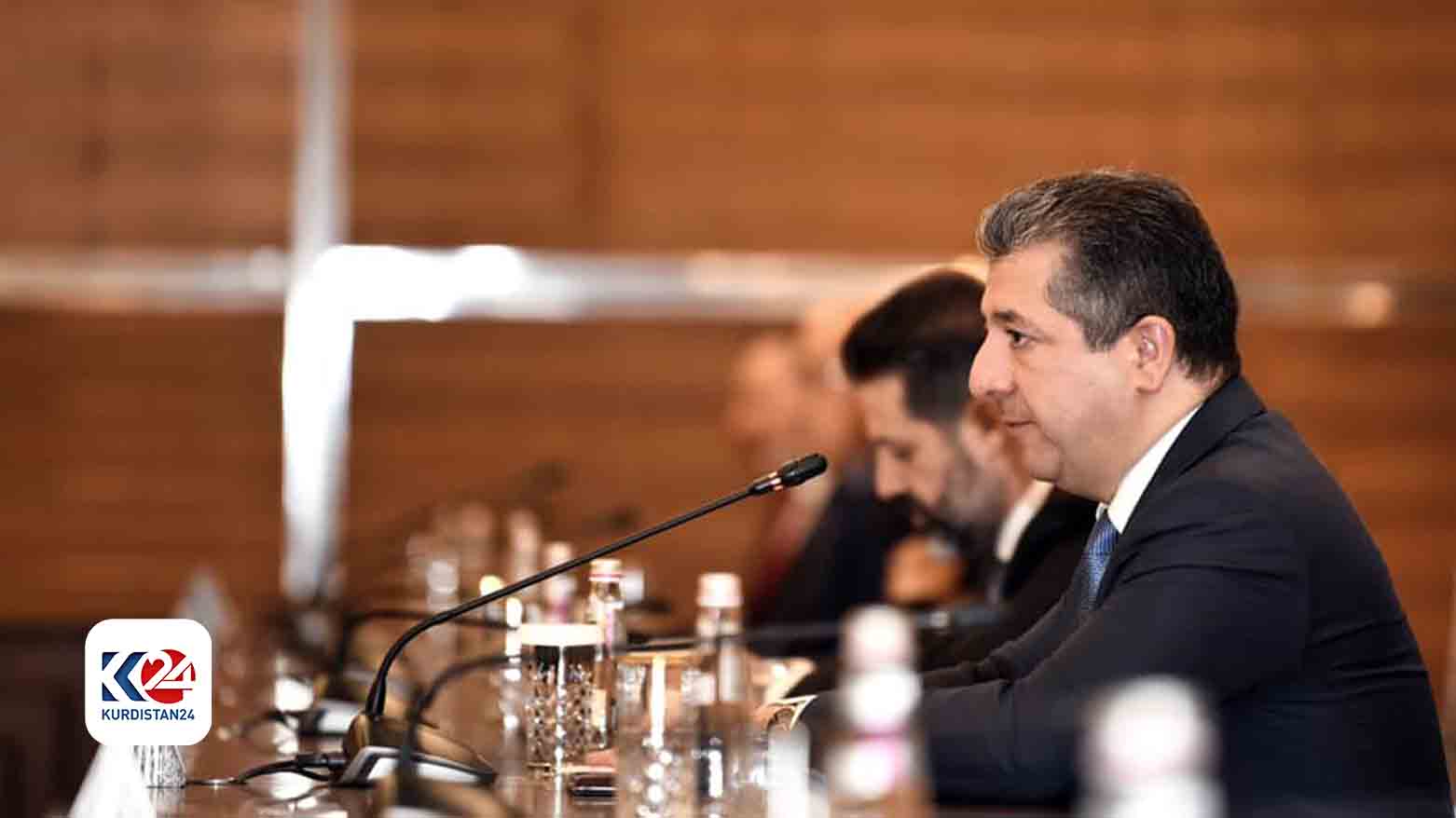KRG Council of Ministers addresses electricity, gender inequality issues

ERBIL (Kurdistan 24) – Chaired by Prime Minister Masrour Barzani, the Kurdistan Regional Government (KRG) Council of Ministers convened for a meeting on Wednesday, according to a KRG statement.
The meeting discussed the tragic fire incident in a building of the Soran Independent Administration on Dec. 8, which killed 14 people and injured several others.
The Prime Minister extended his condolences to the victims' families and wished for a speedy recovery for the injured. He also instructed government institutions to investigate safety measures in buildings across the Kurdistan Region.
Later, the council unanimously approved the recommendations and solutions to a rampant increase in cases of gender-based violence (GBV), as presented by Deputy Prime Minister Qubad Talabani at a previous meeting.
Among the solutions is the KRG’s new mobile app called “Safe You,” designed for women to report GBV to authorities.
Read More: KRG Ministry of Interior develops application to combat violence against women
Meanwhile, the Minister of Electricity, Kamal Mohammad, presented a report on the electricity situation in the Kurdistan Region and an instance of region-wide electricity blackouts on Nov. 30.
The minister stated that after the power outages, 3,473 megawatts of electricity are currently being produced, and the electricity situation has returned to "normal."
Additionally, Mr. Mohammad mentioned the ministry's ongoing efforts and projects to increase electricity production by using combined cycle units of power plants and alternate sources of power, such as the unveiling in May of a $100 million solar power plant expected to produce 25 megawatts of electricity per hour.
Regarding the prepaid electricity accounts, the ministry said that this project is not at the expense of any province, neighborhood, or region of Kurdistan. The prepaid project aims to collect revenue in a modern way so that the revenue can be used to increase production, without having to wait and collect from indebted customers.
Despite increased production and the establishment of power plants, the Region is still unable to provide 24-hour electricity to its citizens, mainly due to a lack of funds, rising demand and population growth.
In order to fill the gap of government shortages, citizens and businesses often rely on private generators to supplement their electricity, which generally costs more.
In May, Prime Minister Barzani reasoned that if customers paid their electricity bills in full, the government would be able to provide sufficient power for a cheaper price than the private sector, a reference to the issues facing the current payment system.





